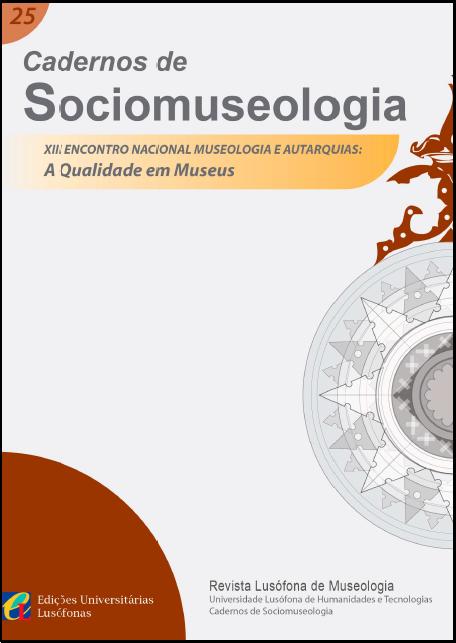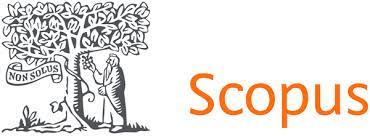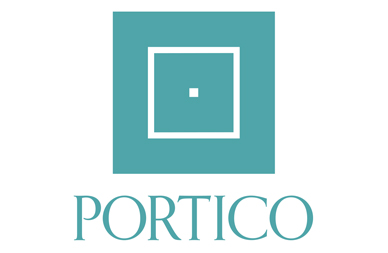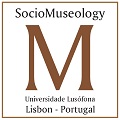4. O PARADOXO DO TERMO AVALIAÇÃO EM MUSEUS. UM PROBLEMA DA MAIOR RELEVÂNCIA PARA A MUSEOLOGIA CONTEMPORÂNEA
Abstract
Um problema da maior relevância para a museologia contemporânea
Encontramo-nos actualmente diante de um paradoxo: enquanto o conceito de museu tem sido reexaminado de maneira critica ao nível da museologia – a ponto de ter gerado um novo paradigma que veio “revolucionar” o sentido da palavra Museu e encontrou na designada Nova Museologia outras semânticas, outros conceitos que geraram formas alternativas de descrever e nomear as suas práticas e procedimentos, obrigando a cooptar para o léxico museológico termos como: Processo; comunidade; participação; território; desenvolvimento; cidadania, entre outras palavras, que têm sido progressivamente incorporadas no discurso museológico contemporâneo com eficácia comunicacional, porque correspondem a conceitos e categorias assimiladas e bem definidas a partir de práticas. Em relação ao termo avaliação tal não se verifica porque, quanto a este, existe uma evidente dissonância entre o conceito, a forma de o nomear e a operacionalidade das ferramentas avaliativas
A problem of bigger relevance for contemporary museology
We are currently facing a paradox: while the concept of the museum has been reexamined in a critical manner as it regards to museology – to the point of having generated a new paradigm that has “revolutionized” the meaning of the word Museum, it has also found in the newly designated New Museology, other semantics and concepts that generated alternative forms of describing and naming its practices and proceedings, forcing us to co-opt for a museological lexical containing terms such as: Process; community; participation; territory; development; and citizenship among others. These have progressively been incorporated into the contemporary museological discourse with communicational efficacy because they correspond to assimilated and well-defined concepts and categories which have resulted from practical actions. In relation to the term evaluation, this has not been verified because there is an evident dissonance between the concept, the way of enunciating it, and the operability of the evaluating tools.
Downloads
Authors retain copyright and grant the journal right of first publication with the work simultaneously licensed under aCreative Commons Attribution License that allows others to share the work with an acknowledgement of the work's authorship and initial publication in this journal.













